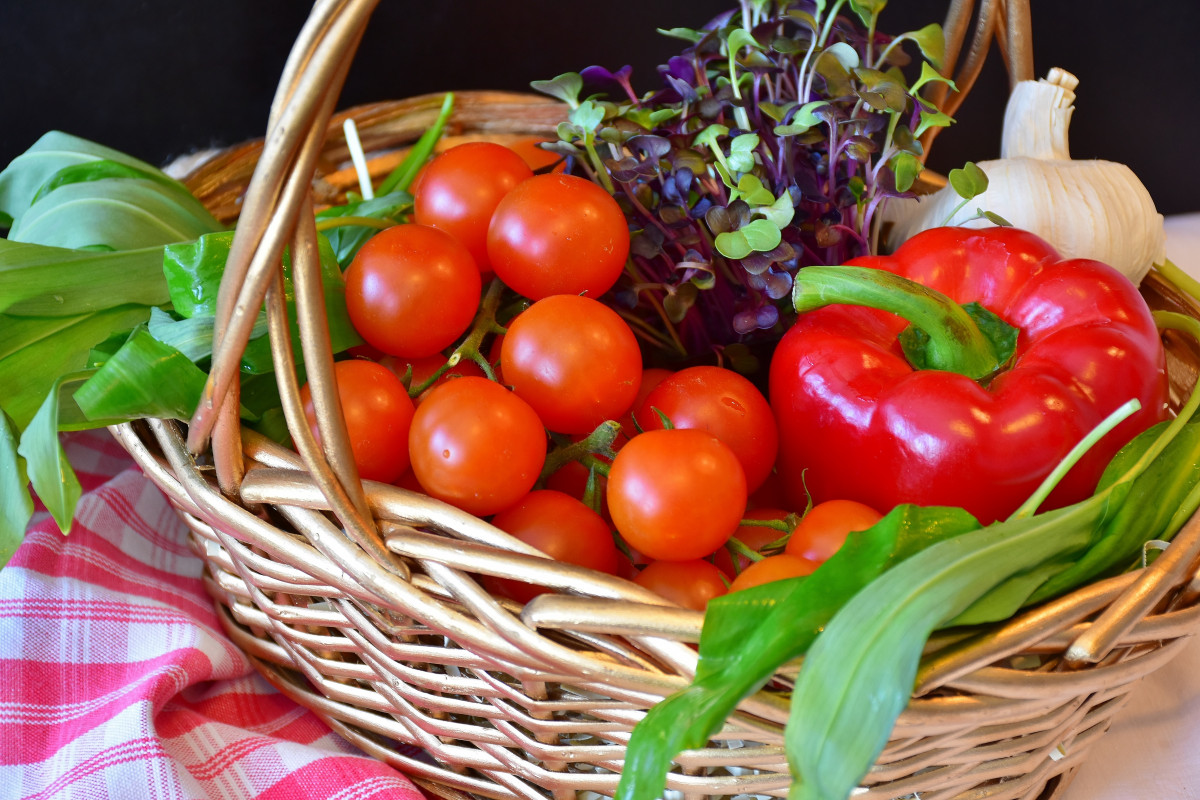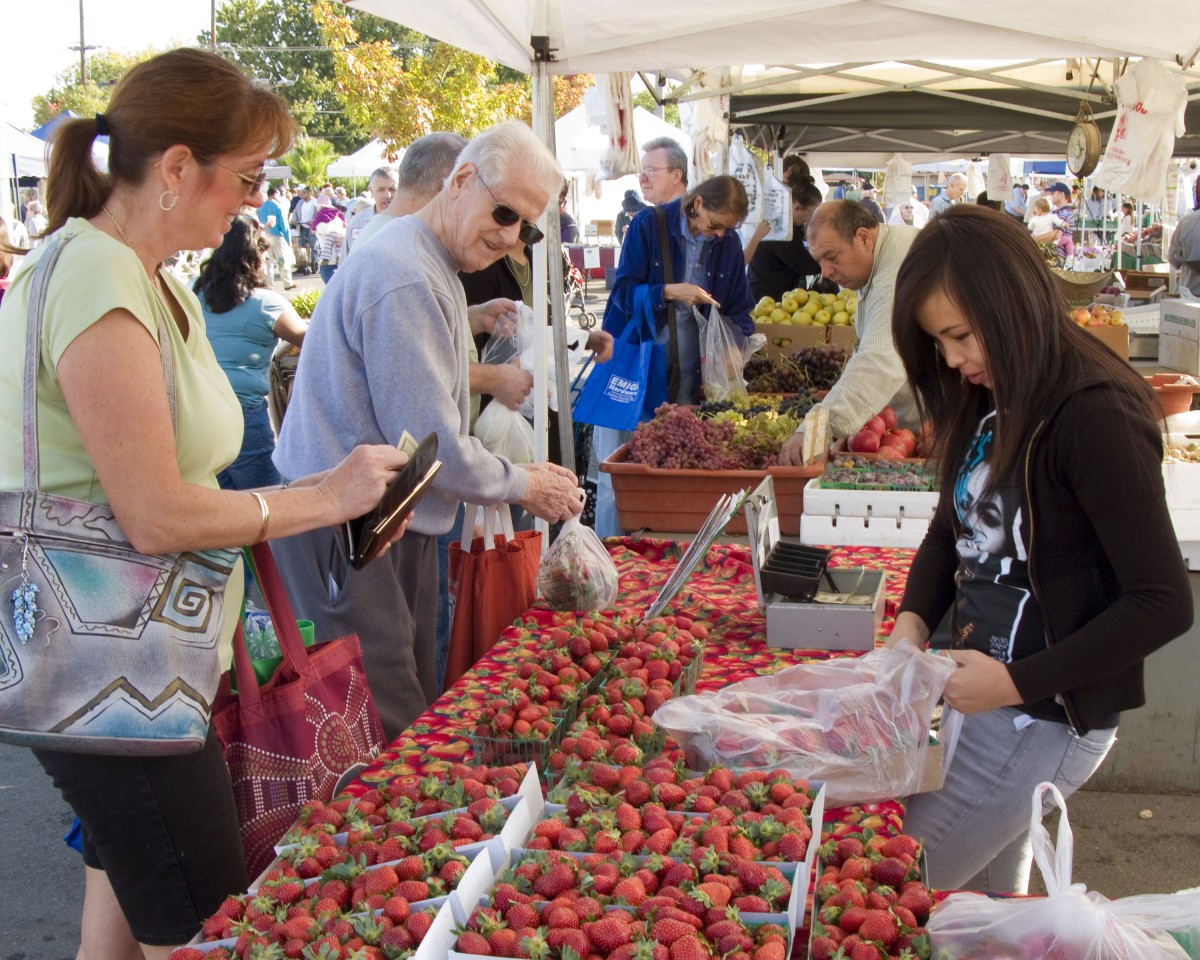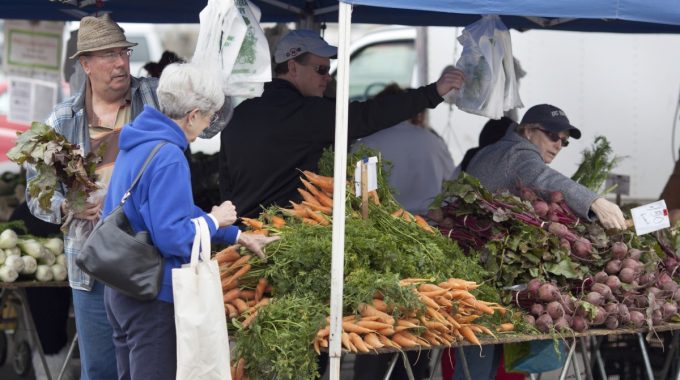What is a Typical Locavore Week
Does becoming a locavore seem too restrictive or even impossible? The typical locavore week, however, pushes back all preconceived ideas about local food. Let us convince you!
Monday: Picking up his basket

There’s nothing better than picking it up yourself to find where a product comes from. There are only advantages to going to the producer!
– You know exactly where the product comes from and how it was processed.
– You save on importing the product and the exorbitant transport and packaging costs.
– You contribute an additional income to farmers with a fragile economy.
The vegetables can also come to you. Every week, a cooperative delivers a basket of fresh fruits and vegetables directly from the producer to the consumer. A slightly more expensive initiative but compensated mainly by the absence of intermediaries.
Good to know: information sites such as mon-producteur.com help you find producers and sellers near you.
Tuesday: he cooks
Choosing to receive a basket of fresh food every week (or every other week) also means cooking it…
You’re certainly making a mountain out of a molehill of homemade food, but:
– Cutting up an eggplant and simmering it has never taken more than 15 minutes! (or you do 30 things at once).
– Prepare the whole basket on the weekend: you only have to cook during the week.
– Take turns.
Wednesday: making concessions
Being 100% locavore is complicated. The locavore constantly tries to eat local but should not deprive himself or herself and become frustrated! Many of the ingredients in our daily lives are sometimes sourced from halfway around the world, but we don’t realize it.
Also, the “Marco Polo” exception concerns certain exotic products and embodies the concessions admitted in this new diet for:
– tea;
– coffee
– salt and pepper
– chocolate, etc.
Good to know: Marco Polo, a Venetian merchant, is famous for traveling the Silk Road to China.
Thursday: freezing the overflow

The locavore who wants to take advantage of out-of-season produce always has the alternative of freezing. However, to freeze fresh vegetables and fruits while keeping their nutritional qualities, you should:
– Wash ripe vegetables thoroughly.
– Blanch them, i.e., boil them in a metal basket for a precise time, to inactivate the enzymes responsible for flavor, texture, and color alterations.
– Cool them instantly in ice water and drain them.
– Place them in less than 1.5 kg freezer bags, removing the air.
Good to know: each vegetable requires specific preparation and can be kept for a particular time.
Friday: a trip to the market
If you need to stock up before next week’s delivery, think of the local markets and grocery stores!
– Markets are still the best way to access many fresh and healthy products from local farmers (be sure to read the shopkeeper’s labels and slates!). They also allow you to discover other farm products without going through traditional distribution channels.
– A locavore grocery store is committed to selling products from organic agriculture, distributed in a short circuit and processed traditionally.
Saturday: he goes to the restaurant
Come and try the locavore restaurant for a special event, a birthday, or a romantic dinner. To the delight of your taste buds, the dishes, gourmet or not, come from the local farmer.
– If few restaurants work with 100% local products, those that do claim it! You won’t have trouble finding them.
– Prices are a little higher, even for “family” dishes, but the quality is far superior. Try it out!
Sunday: he harvests his produce

Even in big cities, it grows! Beehives emerge on the roofs of buildings, vegetable gardens are set up, and orchards appear.
On Sunday, the locavore can harvest what he has planted himself:
– Zucchini and tomatoes grow well on a balcony;
– Basil, oregano, thyme… Aromatic plants are at hand on a window!




Pingback: 7 Good Reasons to Become a Locavore | Golocal business